
Richard Tauber was an Austrian lyric tenor and film actor. He sang the tenor role in number of operas, including Don Giovanni by Mozart and Lorenzo Da Ponte.
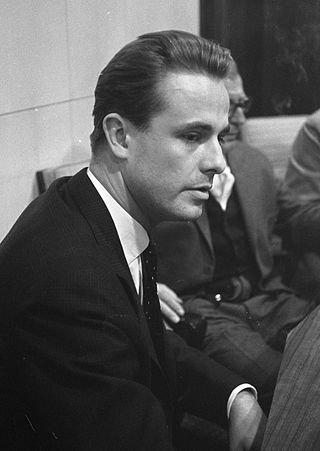
Joachim Hansen was a German actor. He was best known for film roles in the 1960s and 1970s in which he often portrayed Nazi officers and World War II German officials.
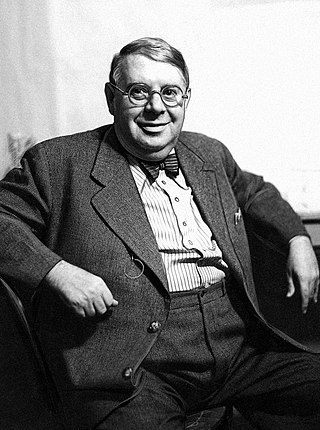
Szőke Szakáll, known in the English-speaking world as S. Z. Sakall, was a Hungarian-American stage and film character actor. He appeared in many films, including Casablanca (1942), in which he played Carl, the head waiter; Christmas in Connecticut (1945); In the Good Old Summertime (1949); and Lullaby of Broadway (1951). Sakall played numerous supporting roles in Hollywood musicals and comedies in the 1940s and 1950s. His rotund cuteness caused studio head Jack Warner to bestow on Sakall the nickname "Cuddles".
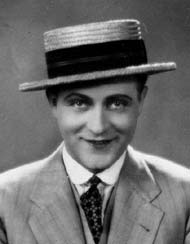
Willy Fritsch was a German theater and film actor, a popular leading man and character actor from the silent-film era to the early 1960s.

Der Herr der Liebe is a 1919 romantic silent film directed in Germany by Fritz Lang. It was his second film. Carl de Vogt and Gilda Langer starred, as they had in Lang's debut feature, Halbblut. Lang himself is said to have acted in a supporting role.

Max Hansen , also known as 'The Little Caruso', was a Danish singer, cabaret artist, actor, and comedian.

Das Spitzentuch der Königin is an operetta by Johann Strauss II. The libretto by Heinrich Bohrmann-Riegen and Richard Genée was based on the Spanish writer Cervantes.
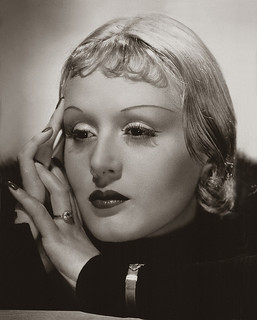
Grete Natzler was an Austrian actress and operatic soprano. Born in Vienna, she was the daughter of actress Lilli Meißner and actor and opera singer Leopold Natzler (1860–1926). Two of her younger sisters were also actors and singers. Her sister, Alice Maria ('Lizzi'), performed under the stage name of Litzie Helm, and Hertha Natzler performed under her own name. Grete began her career on the stage in her native country and in Germany as a performer in operettas. In the early 1930s she appeared in films in both Germany and England, including The Scotland Yard Mystery (1933) and in several film versions of German operettas. After moving to the United States in the late 1930s, she signed a contract with MGM and adopted the pseudonym Della Lind. She is perhaps best known for portraying the role of Anna Albert in the 1938 Laurel and Hardy film Swiss Miss. She was married to composer Franz Steininger (1906–1974).

Anny Ahlers was a German actress and singer. She was born in Hamburg.
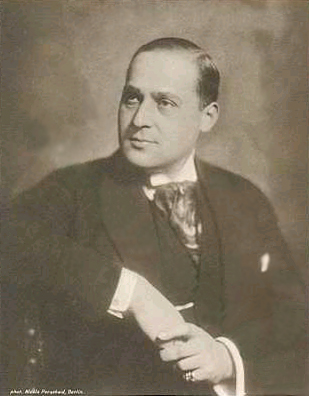
Felix Basch (1885–1944) was an American-Austrian actor, screenwriter and film director.

Lien Deyers was a Dutch actress based in Germany.

Karl Ritter was a German film producer and director responsible for many Nazi propaganda films. He had previously been one of the first German military pilots. He spent most of his later life in Argentina.
Wolfgang Treu was a German cinematographer.
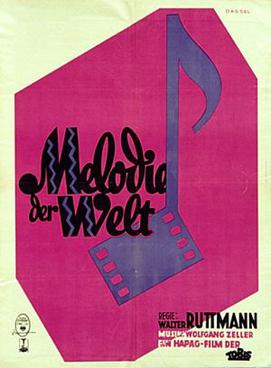
Melody of the World is a 1929 German film directed by Walter Ruttmann. It is also known as World Melody. The film is structured like a symphony and consists of documentary footage from all over the world, contrasted and juxtaposed to show a number of human activities as they take form in different cultures. There are also staged scenes with actors.
Petra Unkel, also known as Petra Unkel-Klinder, was a Hungarian-born actress of German film, singer, voice actress, radio spokesperson and cabaret artist, who was active in the industry from 1929 until 1958.

The Cornet is a 1955 West German historical film war film directed by Walter Reisch and starring Götz von Langheim, Anita Björk and Wolfgang Preiss.
Der Hexer is a 1964 West German black and white mystery film directed by Alfred Vohrer and starring Joachim Fuchsberger. It was part of a very successful series of German films based on the writings of Edgar Wallace and adapted from the 1925 novel titled The Ringer. In 1965, a sequel Neues vom Hexer was released.

The Emperor's Waltz is a 1933 German musical film directed by Frederic Zelnik and starring Mártha Eggerth, Paul Hörbiger, and Carl Esmond. It was shot at the Tempelhof Studios in Berlin with sets designed by the art director Franz Schroedter. Location shooting took place around the Austrian spa town Bad Ischl.

Fanfares of Love is a 1951 West German comedy film directed by Kurt Hoffmann and starring Dieter Borsche, Georg Thomalla and Inge Egger. It is a remake of the 1935 French film Fanfare of Love. It was a major hit and in 1953 a sequel Fanfare of Marriage was released, showing the further adventures of the main characters.
Zeno Coste was a Romanian singer.
















